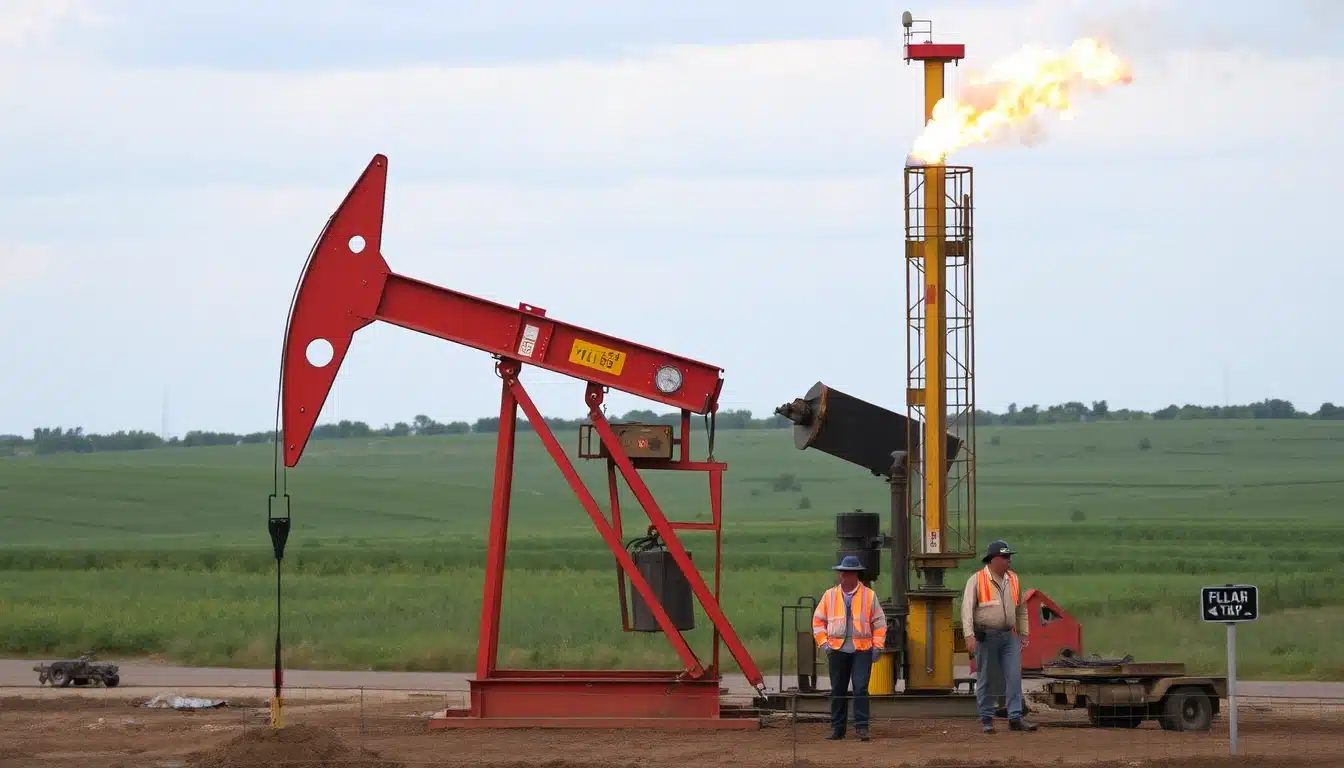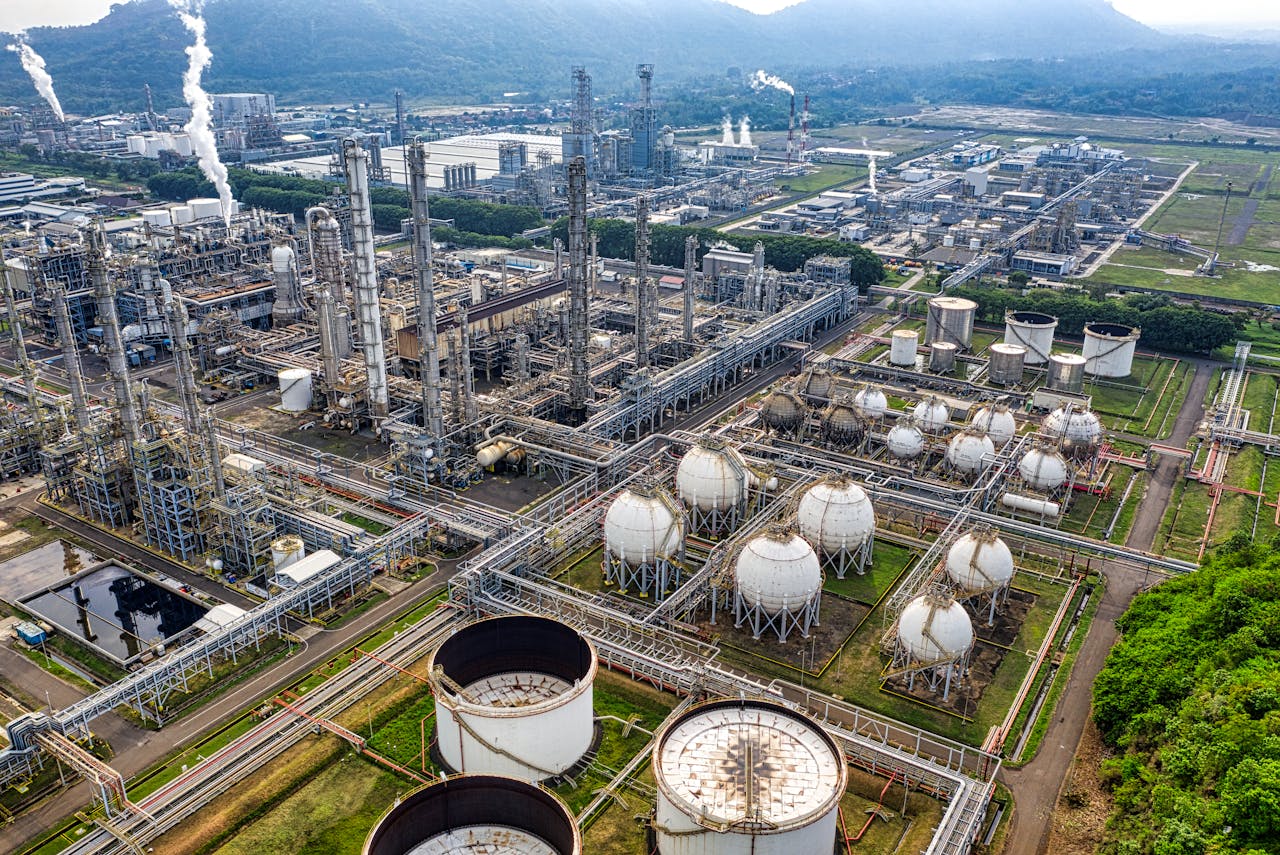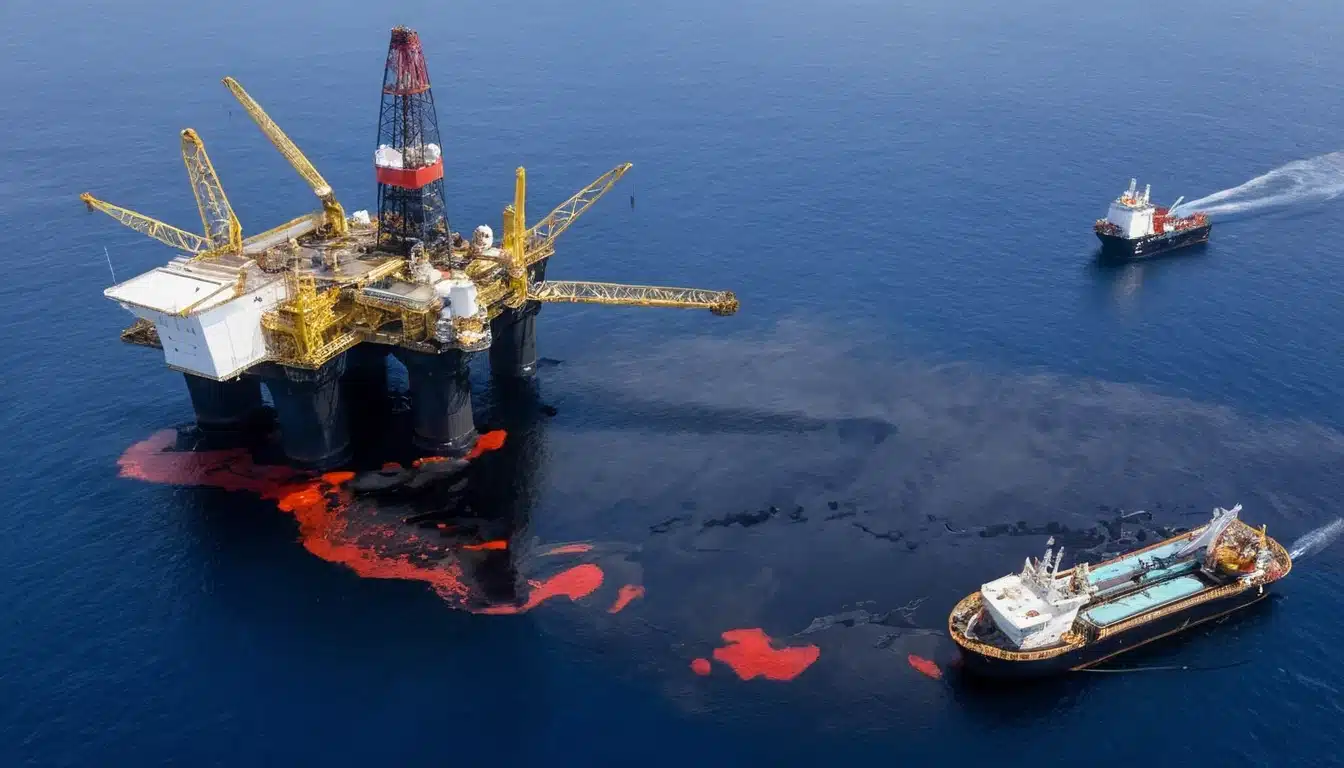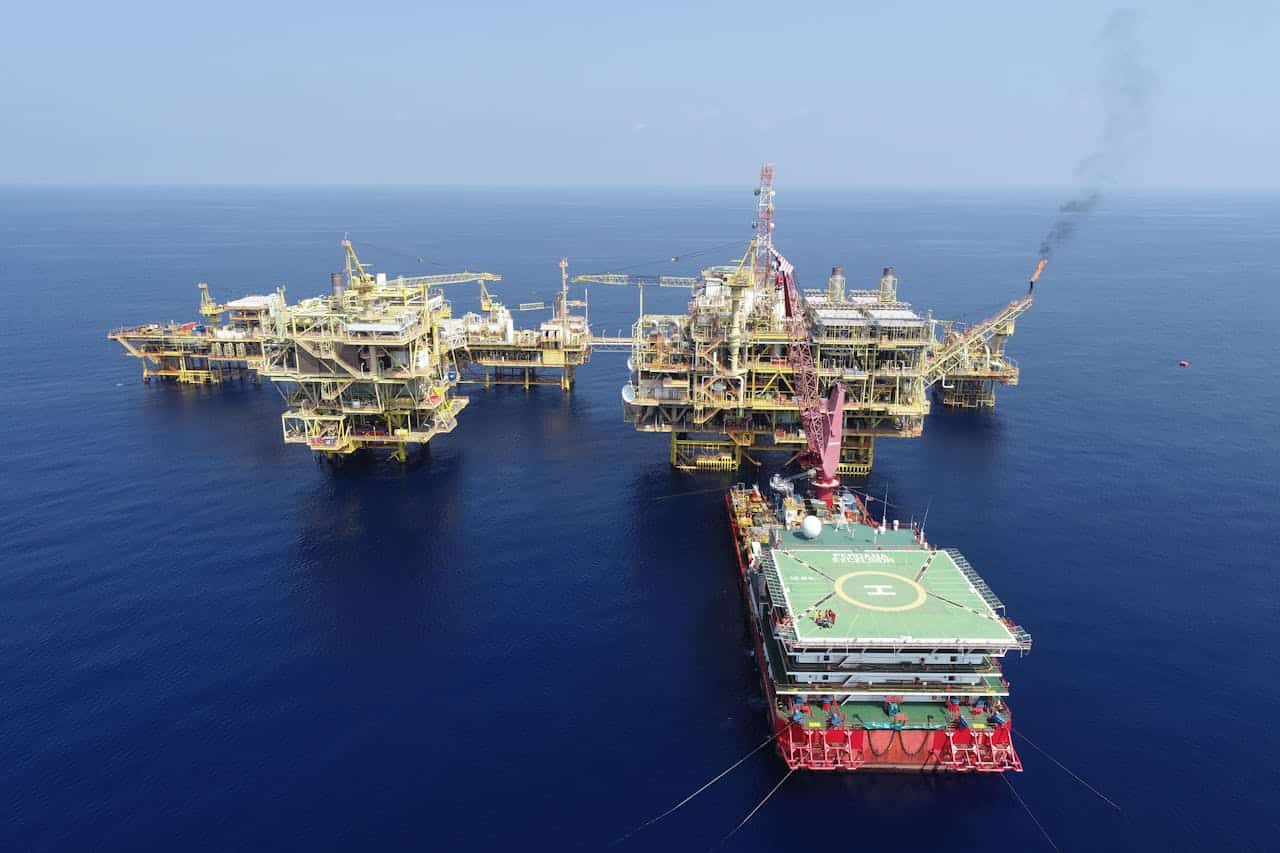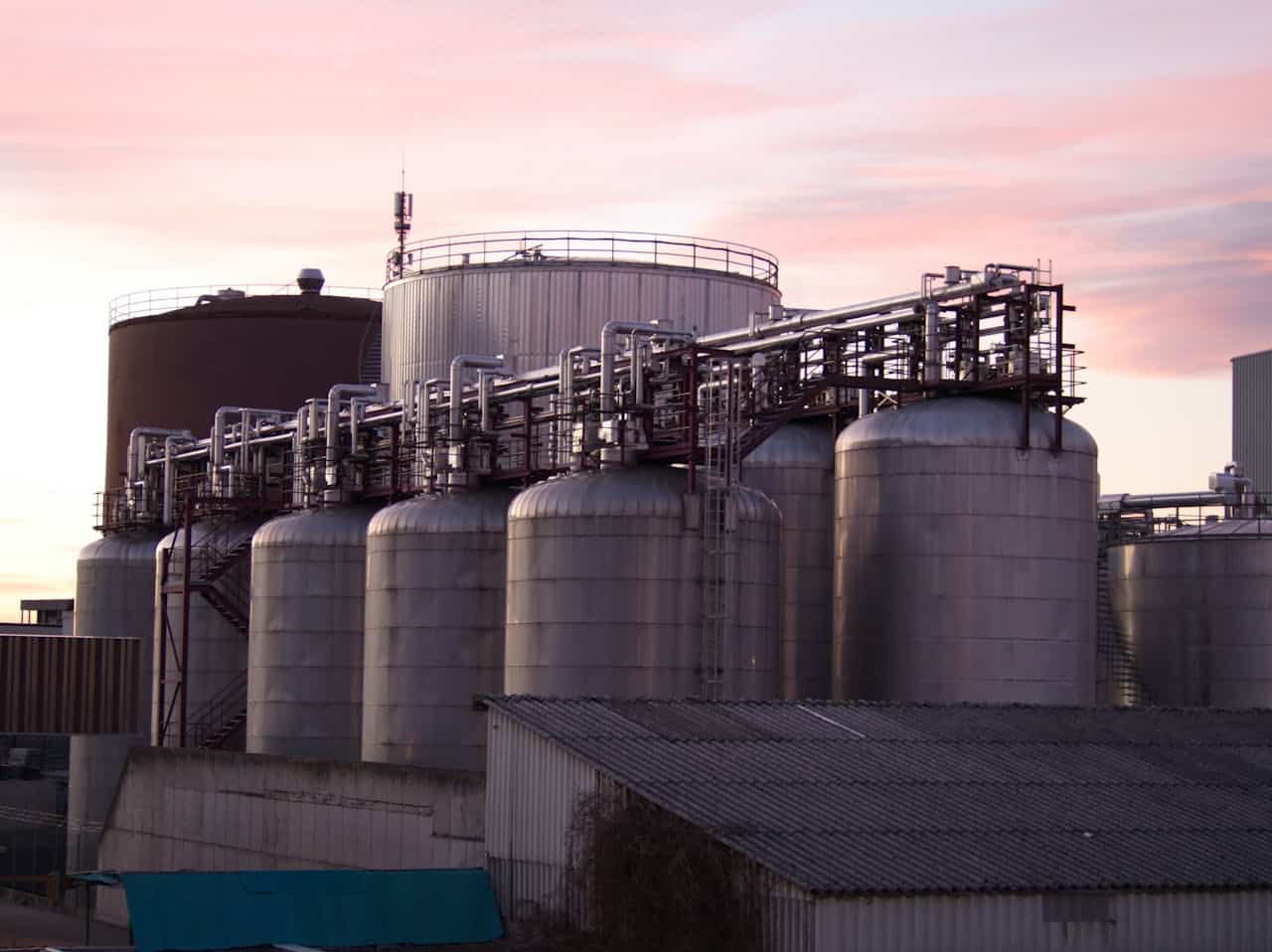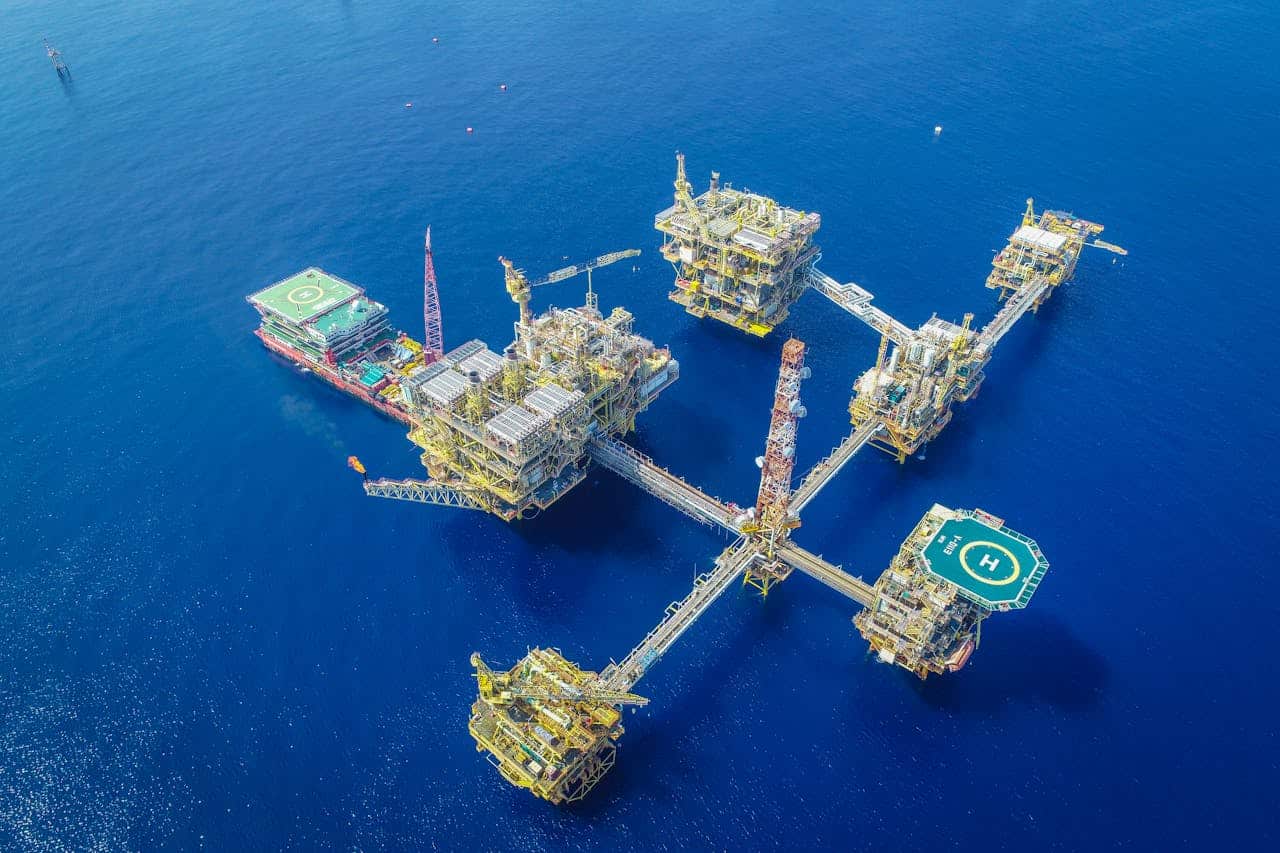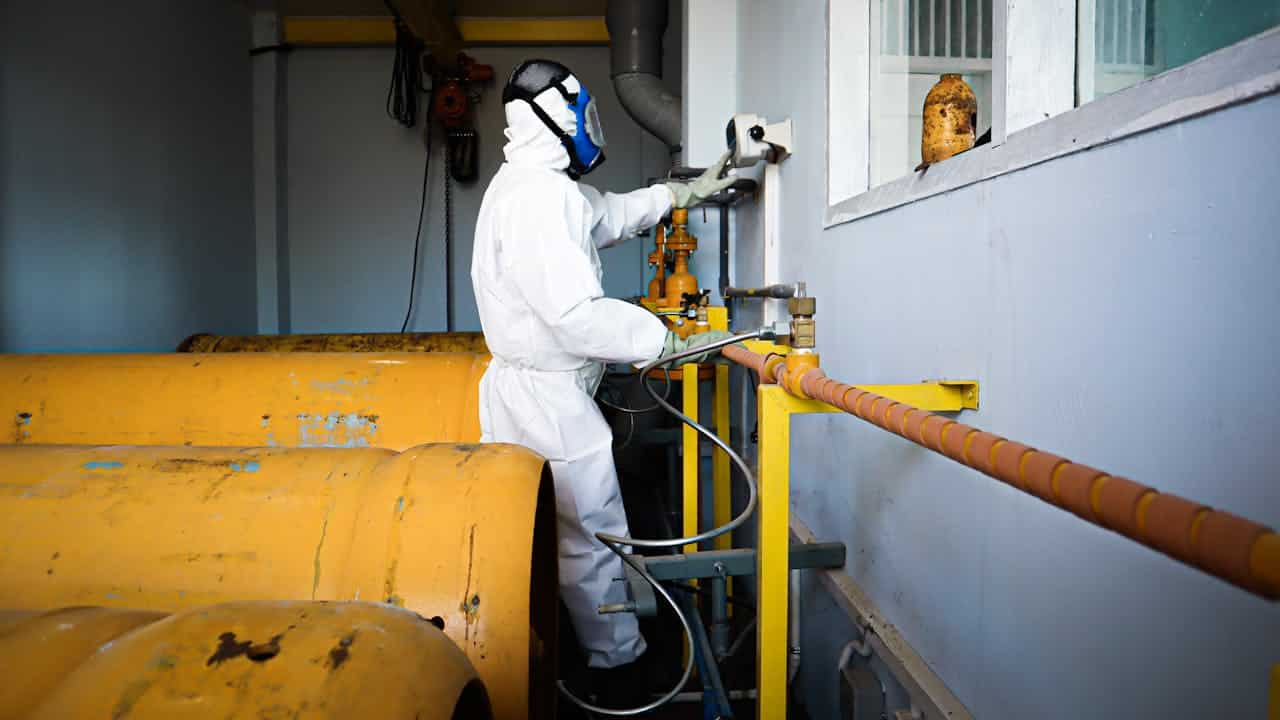Petroleum Engineering for Non-Engineers

| Date | Format | Duration | Fees (USD) | Register |
|---|---|---|---|---|
| 17 Dec - 19 Dec, 2025 | Live Online | 3 Days | $2625 | Register → |
| Date | Venue | Duration | Fees (USD) | Register |
|---|---|---|---|---|
| 24 Nov - 28 Nov, 2025 | London | 5 Days | $6305 | Register → |
Did you know that the oil and gas industry globally contributes 3.8% of the world economy? This compelling statistic underscores the critical importance of understanding petroleum industry fundamentals in today’s energy sector.
Course Overview
The Petroleum Engineering for Non-Engineers course is meticulously designed to equip professionals with essential knowledge in oil and gas exploration, drilling operations, and reservoir management. This comprehensive programme focuses on petroleum geology, upstream operations, and downstream processing to ensure participants can effectively navigate the complex landscape of the petroleum industry.
Why Select This Training Course?
Selecting this Petroleum Engineering Course offers numerous advantages for professionals involved in the oil and gas sector. Participants will gain advanced knowledge of well drilling process, production techniques, and petroleum extraction. The course provides hands-on experience with oilfield terminology and petroleum project management, enabling attendees to optimise their understanding effectively.
For organisations, investing in this training enhances overall operational efficiency and strengthens cross-disciplinary collaboration. By ensuring that personnel are well-trained in petroleum industry basics, organisations not only protect their assets but also build sustainable practices. Research shows that companies implementing comprehensive interdisciplinary knowledge can significantly improve performance. For instance, one project team comprising engineers, geologists, and non-engineering professionals completed a complex drilling project 20% ahead of schedule and 10% under budget through effective cross-disciplinary collaboration.
Individuals who complete this course will benefit from enhanced career prospects as they become more valuable assets in their respective fields. The skills acquired through this training can lead to professional growth and increased responsibilities within their organisations. Studies indicate that understanding petroleum engineering concepts helps non-engineering professionals reduce operational delays by 15% through improved collaboration with technical teams.
Transform your petroleum industry expertise – Join our next session!
Who is this Training Course for?
This course is suitable for:
- Managers and executives in oil and gas companies.
- Finance, marketing, or HR professionals in the energy sector.
- Geologists, geophysicists, and environmental specialists.
- Legal and compliance officers in petroleum operations.
- New entrants looking to understand the engineering aspects of the industry.
What are the Training Goals?
The objectives of this training course are to enable professionals:
- To understand key petroleum engineering concepts relevant to business operations.
- To interpret and utilize engineering data for strategic decision-making.
- To recognize and leverage modern technologies in petroleum operations.
- To communicate effectively with engineers and technical teams.
How will this Training Course be Presented?
The Petroleum Engineering for Non-Engineers Course employs a comprehensive and innovative approach to ensure maximum knowledge retention and skill development. Expert-led instruction from seasoned industry professionals forms the core of the course, providing up-to-date insights into modern petroleum operations.
Our dynamic training methodology includes:
- Engaging interactive sessions with petroleum engineering experts, offering direct insights into industry practices
- Immersive workshops featuring practical applications of engineering principles
- In-depth virtual simulations of oil and gas scenarios
- Thought-provoking collaborative projects applying engineering knowledge to business strategies
- Comprehensive access to an extensive digital library filled with industry insights and tools
Ready to master petroleum fundamentals? Secure your spot today!
Course Syllabus
Module 1: Fundamentals of Petroleum Engineering
- Reservoir engineering for production optimization.
- Fluid properties and their impact on recovery.
- The role of enhanced oil recovery (EOR).
- Basic economic analysis in oil field development.
- Overview of petroleum processing and refining.
- Environmental considerations in petroleum operations.
- Safety protocols in petroleum engineering.
- Understanding the petroleum value chain.
Module 2: Geology and Geophysics for Non-Engineers
- Geological processes and oil accumulation.
- Seismic data interpretation for oil exploration.
- Understanding subsurface mapping techniques.
- Use of geophysical tools in exploration.
- Predictive modeling for hydrocarbon potential.
- Exploration risk assessment.
- Managing geological uncertainties.
- Impact of geology on drilling and production decisions.
Module 3: Drilling Operations
- Drilling rig operations and equipment.
- Drilling fluids and their applications.
- Directional and horizontal drilling techniques.
- Cost management in drilling operations.
- Safety in drilling environments.
- Environmental impact of drilling activities.
- Innovations in drilling technology.
- Managing drilling data for decision-making.
- Operational challenges in different drilling scenarios.
Module 4: Reservoir Management
- Reservoir characterization and modeling.
- Techniques for estimating oil in place.
- Primary, secondary, and tertiary recovery methods.
- Pressure maintenance and water flooding.
- Gas injection for enhanced recovery.
- Reservoir simulation for performance prediction.
- Managing reservoir pressure and fluid movement.
- Monitoring and surveillance techniques.
- Reservoir economics and depletion strategies.
- Impact of geology on reservoir management.
- Data analytics in reservoir engineering.
- Strategies for maximizing recovery.
Module 5: Production Engineering
- Well-completion design for production.
- Artificial lift methods and their selection.
- Well testing for production evaluation.
- Production data analysis for operational decisions.
- Safety in production operations.
- Environmental compliance in production.
- Digital tools for production monitoring.
- Life cycle management of producing wells.
Module 6: Petroleum Economics and Project Management
- Economic models for petroleum projects.
- Cash flow analysis in oil and gas operations.
- Risk assessment in project economics.
- Project lifecycle management in oil and gas.
- Investment decision-making for exploration and development.
- Cost estimation and control in petroleum projects.
- Economic evaluation of EOR projects.
- Portfolio management in oil and gas.
- Regulatory and fiscal considerations.
- Economic impact of technology adoption.
- Financial metrics for project performance.
- Strategic planning for sustainable operations.
Module 7: Health, Safety, and Environment (HSE)
- HSE management systems in petroleum operations.
- Risk assessment and management in oil fields.
- Environmental impact assessments.
- Pollution prevention strategies.
- Managing chemical and physical hazards.
- Training for safety in operations.
- Incident investigation and learning.
- Noise, vibration, and air quality control.
- Legal and ethical considerations in HSE.
Module 8: Technology in Petroleum Engineering
- IoT for real-time data in operations.
- Automation in drilling and production.
- AI and machine learning in oil and gas.
- Digital twin technology for asset management.
- Big Data for strategic decisions.
- Cybersecurity in petroleum operations.
- Robotics for maintenance and inspection.
- Advances in seismic and imaging technologies.
- Smart wells for production control.
- Energy efficiency through technology.
- Blockchain for supply chain transparency.
- Integration of renewable tech in oil operations.
Module 9: Well Integrity and Decommissioning
- Well integrity management systems.
- Techniques for well integrity testing.
- Corrosion control in well environments.
- Decommissioning regulations and processes.
- Plugging and abandonment procedures.
- Environmental considerations in decommissioning.
- Legal and financial liabilities post-production.
- Re-use and repurposing of well assets.
- Cost estimation for well abandonment.
- Safety during decommissioning operations.
- Monitoring post-decommissioning.
- Lessons learned for future well design.
Module 10: Petroleum Data Management
- Data collection in petroleum operations.
- Data quality assurance and control.
- Integration of disparate data sources.
- Use of databases in oil and gas management.
- Data-driven decision-making tools.
- Cybersecurity in data management.
- Data analytics for operational insights.
- Visualization tools for data interpretation.
- Predictive analytics in petroleum engineering.
- Managing data lifecycle in oil and gas.
- Digital transformation in data handling.
- Ethical considerations in data use.
Training Impact
Research indicates that organisations implementing structured petroleum engineering training programmes have demonstrated measurable benefits in both operational efficiency and project execution. Case studies highlight the following comprehensive improvements:
From interdisciplinary project implementation:
- 20% reduction in project completion time
- 10% cost savings through improved collaboration
- 15% reduction in operational delays
- Enhanced cross-functional communication effectiveness
Additional benefits include:
- Significant improvement in technical decision-making
- Enhanced understanding of engineering concepts
- Improved ability to collaborate with technical teams
- Strengthened project management capabilities
- Increased operational efficiency through comprehensive knowledge
Transform your career in the petroleum industry – Enrol now!

